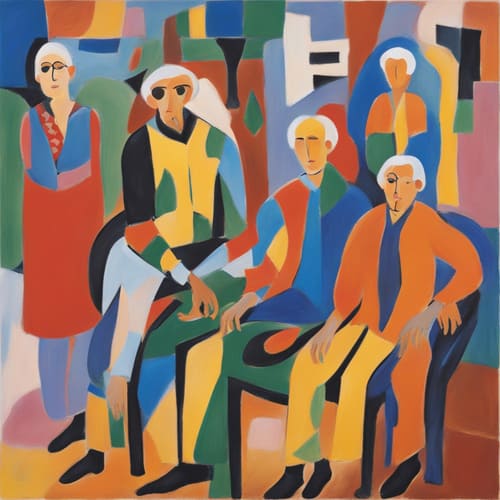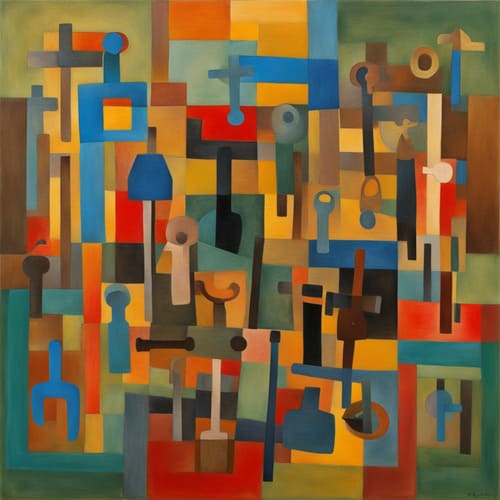La rival
Si la luna sonriese, se te parecería.
Das la misma impresión de ser algo hermoso.
Pero aniquilador. Las dos brilláis con una luz prestada.
Su boca en forma de O manifiesta su congoja
Por el mundo, la tuya, tu indiferencia.
Y tu primer don es el de trocarlo todo en piedra.
De repente me percato de que me hallo en un mausoleo:
Ahí estás tú, tamborileando con los dedos en una mesa de mármol,
Buscando cigarrillos, rencorosa como una mujer, aunque no tan nerviosa,
Muriéndote por decir algo a lo que nadie rechiste.
También la luna doblega a sus súbditos,
Pero a la luz del día resulta ridícula.
Por otro lado tus insatisfacciones llegan
A mi buzón con afectuosa regularidad,
Blancas y anodinas, expansivas como el monóxido de carbono.
No hay día en que no tenga noticias tuyas,
Mientras deambulas, quizás, por África, pero pensando en mi.
The Rival
If the moon smiled, she would resemble you.
You leave the same impression
Of something beautiful, but annihilating.
Both of you are great light borrowers.
Her O-mouth grieves at the world; yours is unaffected,
And your first gift is making stone out of everything.
I wake to a mausoleum; you are here,
Ticking your fingers on the marble table, looking for cigarettes,
Spiteful as a woman, but not so nervous,
And dying to say something unanswerable.
The moon, too, abuses her subjects,
But in the daytime she is ridiculous.
Your dissatisfactions, on the other hand,
Arrive through the mailslot with loving regularity,
White and blank, expansive as carbon monoxide.
No day is safe from news of you,
Walking about in Africa maybe, but thinking of me.
Sylvia Plath (1932, Estados Unidos), Poesía Completa, Bartleby Editores, 2009 (Edición bilingüe, Traducción de Xoán Abeleira)
600 poemas desde que comencé quién sabe si publicando para nadie…




